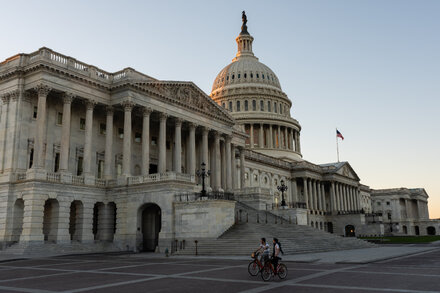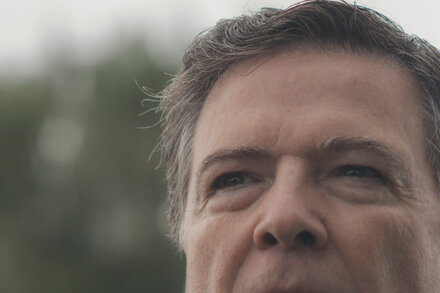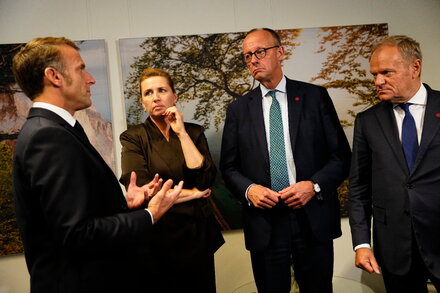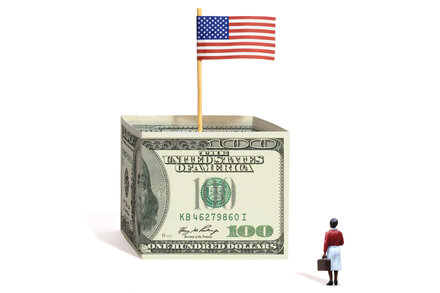Recent developments within conservative political circles have drawn attention to an apparent internal crackdown following controversial statements and actions associated with prominent figure Charlie Kirk, founder of Turning Point USA. Observers and analysts are increasingly noting a pattern of responses that some characterize as exhibiting a “mob logic,” raising questions about ideological purity and internal dissent within the right-leaning movement.
Charlie Kirk, a leading voice among young conservatives, has cultivated a significant platform through Turning Point USA, an organization known for its outspoken advocacy and often provocative commentary on cultural and political issues. His group plays a key role in mobilizing youth engagement for conservative causes, but also frequently finds itself at the center of controversy for rhetoric perceived by some as extreme or divisive, even within the broader Republican tent.
The alleged “post-Kirk crackdown” refers to a series of reactions from various segments of the conservative establishment. This has reportedly manifested in public condemnations, calls for disassociation, and a perceived effort to isolate or silence viewpoints deemed beyond acceptable parameters. While specific incidents vary, the overarching theme appears to be a concerted pushback against elements seen as undermining the movement’s image or strategic objectives.
Commentators scrutinizing these internal dynamics have drawn parallels to a “mob logic,” suggesting a swift and often overwhelming collective response that prioritizes ideological conformity over open debate or due process. This characterization points to an environment where dissenting or perceived-as-problematic voices face rapid and severe ostracization, driven by a consensus of condemnation rather than reasoned argument or deliberation. Such a dynamic, critics argue, risks stifling internal criticism and genuine intellectual discourse, potentially leading to a more monolithic, yet brittle, ideological front.
The implications of such internal pressures are significant for the future trajectory of the conservative movement. While proponents of the crackdown might argue it is a necessary measure to maintain ideological coherence or public appeal, those observing the “mob logic” suggest it could foster an atmosphere of fear and self-censorship. This internal conflict highlights ongoing tensions between different factions within the right, particularly concerning the boundaries of acceptable discourse and the treatment of internal dissent.
As these internal dynamics continue to unfold, analysts will be watching to see how the conservative movement navigates its internal disagreements, and whether the perceived “crackdown” ultimately strengthens or fragments its collective identity and political power.
Source: Read the original article here.





